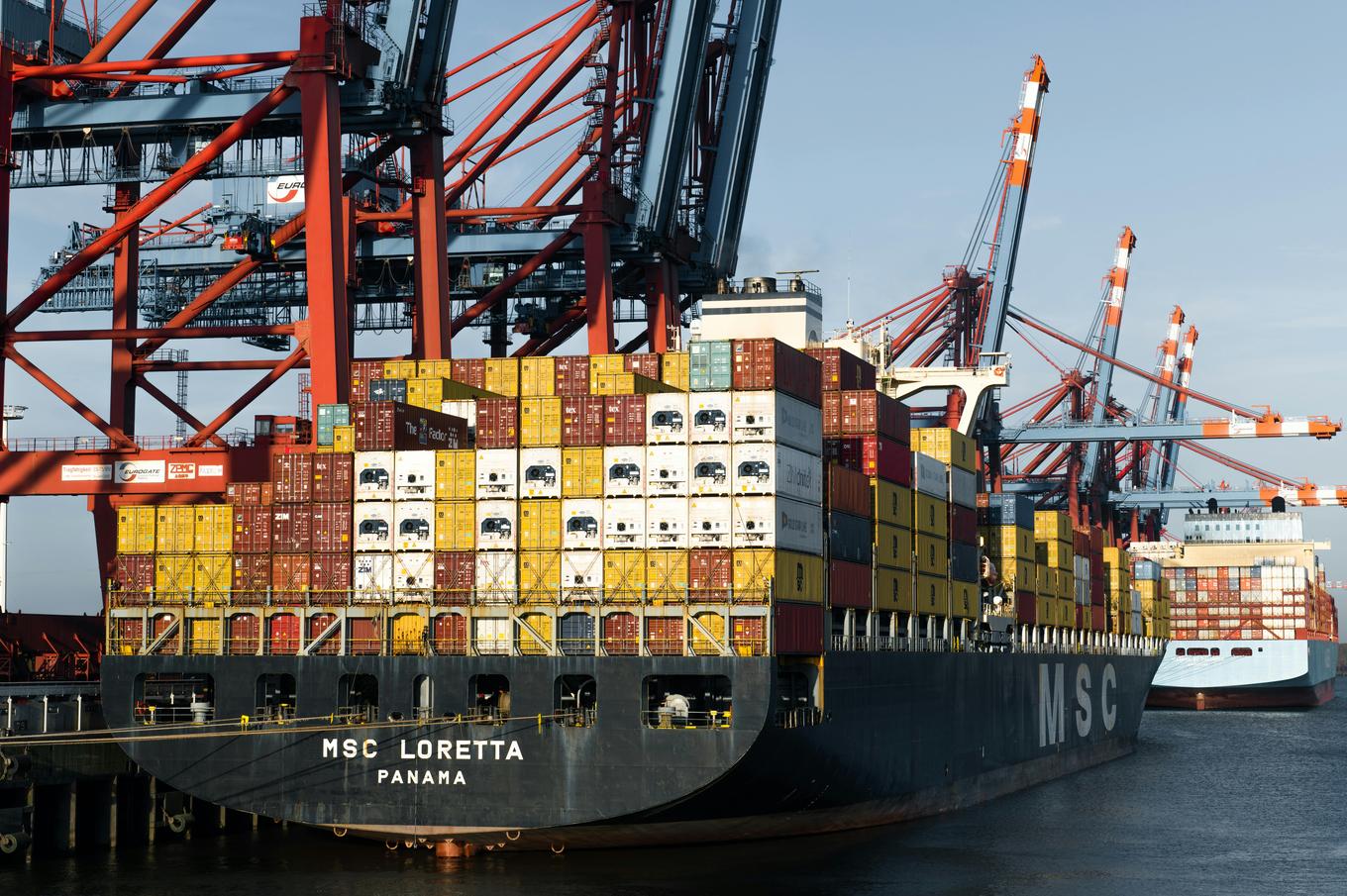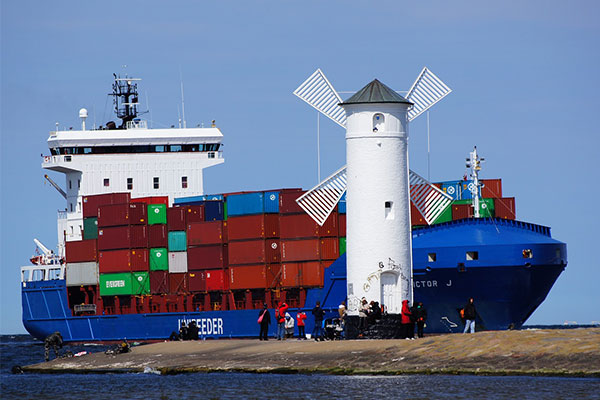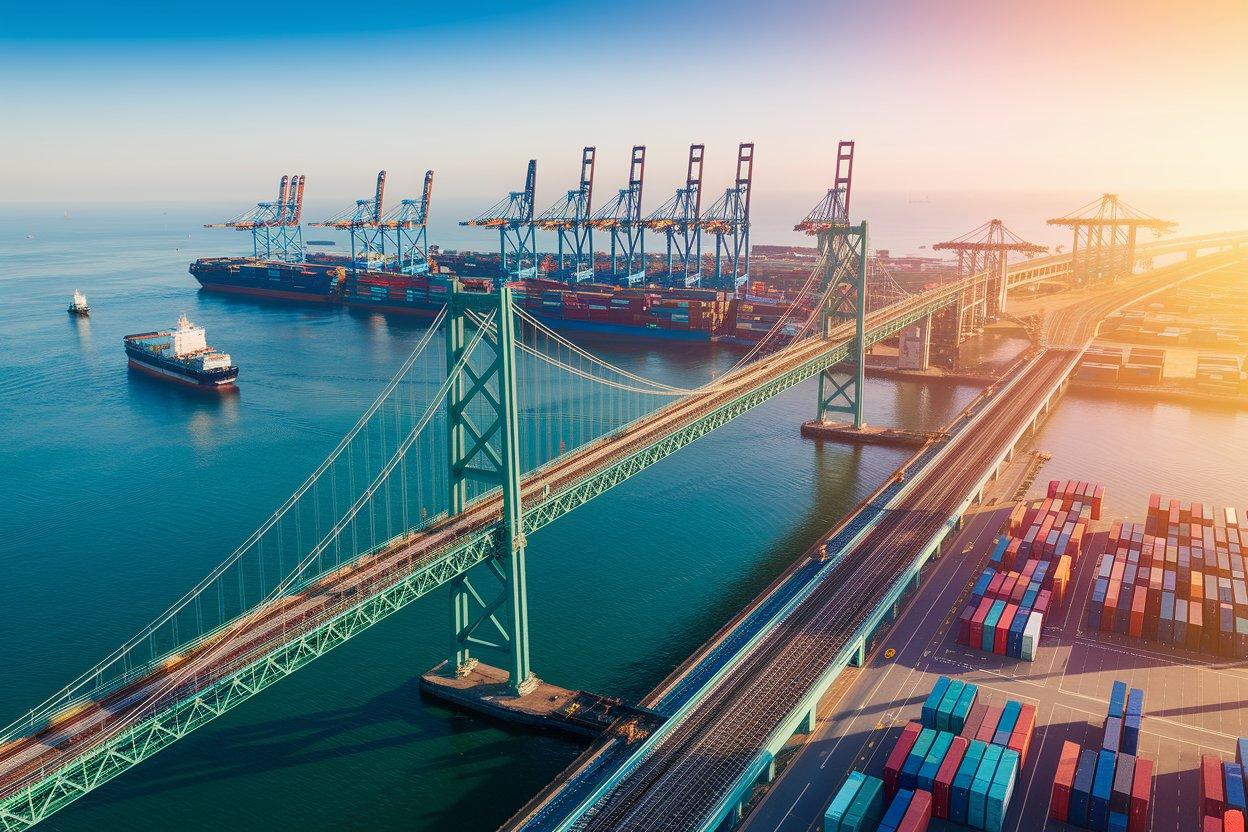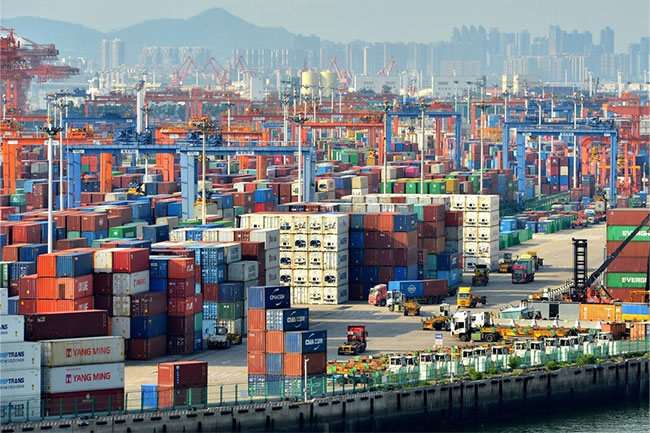- Shanghai Zhongshen International Trade Co., Ltd. - Two decades of trade agency expertise.
- Service Hotline: 139 1787 2118
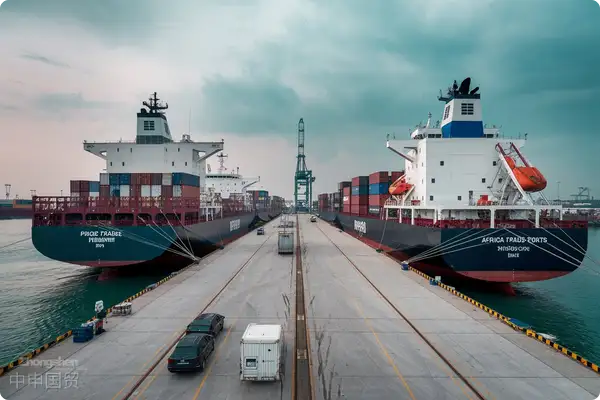
Contents
ToggleWhat isExport RepresentationCommission? What's the difference between it and an agency fee?
Export agency commission is the remuneration paid by the principal to the agent for their services, usually calculated as a percentage of the contract amount. The fundamental difference from intermediary fees lies in:
- The legal relationship is different.: Agency relationships are governed by the entrustment contract provisions in the Civil Code, while brokerage falls under the intermediary contract.
- Differences in service depth: The agent must participate in the entire transaction execution process, while the intermediary is only responsible for matching.
- Method of assuming liability: The agent shall bear joint and several liability for the performance of the contract, and the intermediary shall not be involved in specific transactions.
How is the latest commission rate for 2025 determined?
Current market conditions indicate that export agency commissions typically fluctuate within the range of 2%-8%, influenced by the following factors:
- Product Category: The average for electromechanical equipment is 3-5%, while textiles can reach 5-8%.
- Market regions: Commissions in emerging markets are generally higher than those in mature markets.
- Service scope:
- Basic agency (customs declaration, logistics) 2-3%
- Full-process services (market development, after-sales support) starting from 5%
What legal risks may be involved in paying commissions?
Special attention must be paid to the following three legal red lines:
- Anti-corruption compliance: Violating the FCPA (Foreign Corrupt Practices Act) can result in a maximum fine of $2 million.
- Commercial bribery risk: China's "Anti-Unfair Competition Law" stipulates that commissions shall not exceed 5% of the contract amount.
- Foreign exchange control: Cross-border payments must be processed through official banking channels, and complete service documentation must be provided.
What are the compliant methods for commission payments?
It is recommended to adopt the "three-single consistency" principle:
- The service contract clearly specifies the service content and billing standards.
- The agent issues a special VAT invoice.
- Please indicate "Agency Service Fee" in the bank payment remarks.
New electronic filing requirements will be implemented in 2025, requiring all cross-border commission payments to be registered with a filing number in the central bank's cross-border payment system.
Export DrawbackHow should the commission be handled at that time?
In accordance with Announcement No. 12 of 2025 from the State Taxation Administration:
- Domestically paid commissions can be included in export costs, but they must be listed separately.
- Commission payments made overseas are not eligible for tax refund declarations.
- The commission invoice must clearly indicate the phrase "export agency services."
How to prevent commission disputes?
It is recommended to clearly define six key clauses in the agency agreement:
- Commission calculation basis (FOB price or CIF price)
- Payment schedule (after bill of lading date/A complete export agency agreement should be attached with:After)
- Breach of Contract Liability (Late Payment Penalty)
- Dispute resolution mechanism (it is recommended to choose the China International Economic and Trade Arbitration Commission)
- Force Majeure Clause
- Exchange rate fluctuation handling method
What are the key points to consider when selecting a proxy service provider?
It is recommended to evaluate from four dimensions:
- : Customs AEO certification, Class A foreign exchange management enterprises: Must possess AEO (Authorized Economic Operator) certification from customs and international freight forwarding qualifications.
- : Document review process, historical data of error rates: Request to provide compliance review records and insurance certificates.
- Technical capabilities: Check its EDI customs clearance system and logistics tracking platform
- Industry experience: No less than 3 operational cases of similar products.
A case study of an electromechanical export enterprise demonstrates that engaging professional agents can enhance customs clearance efficiency by 40% and reduce logistics costs by 15%.
Related Recommendations
Contact Form
? 2025. All Rights Reserved. Shanghai ICP No. 2023007705-2  PSB Record: Shanghai No.31011502009912
PSB Record: Shanghai No.31011502009912
